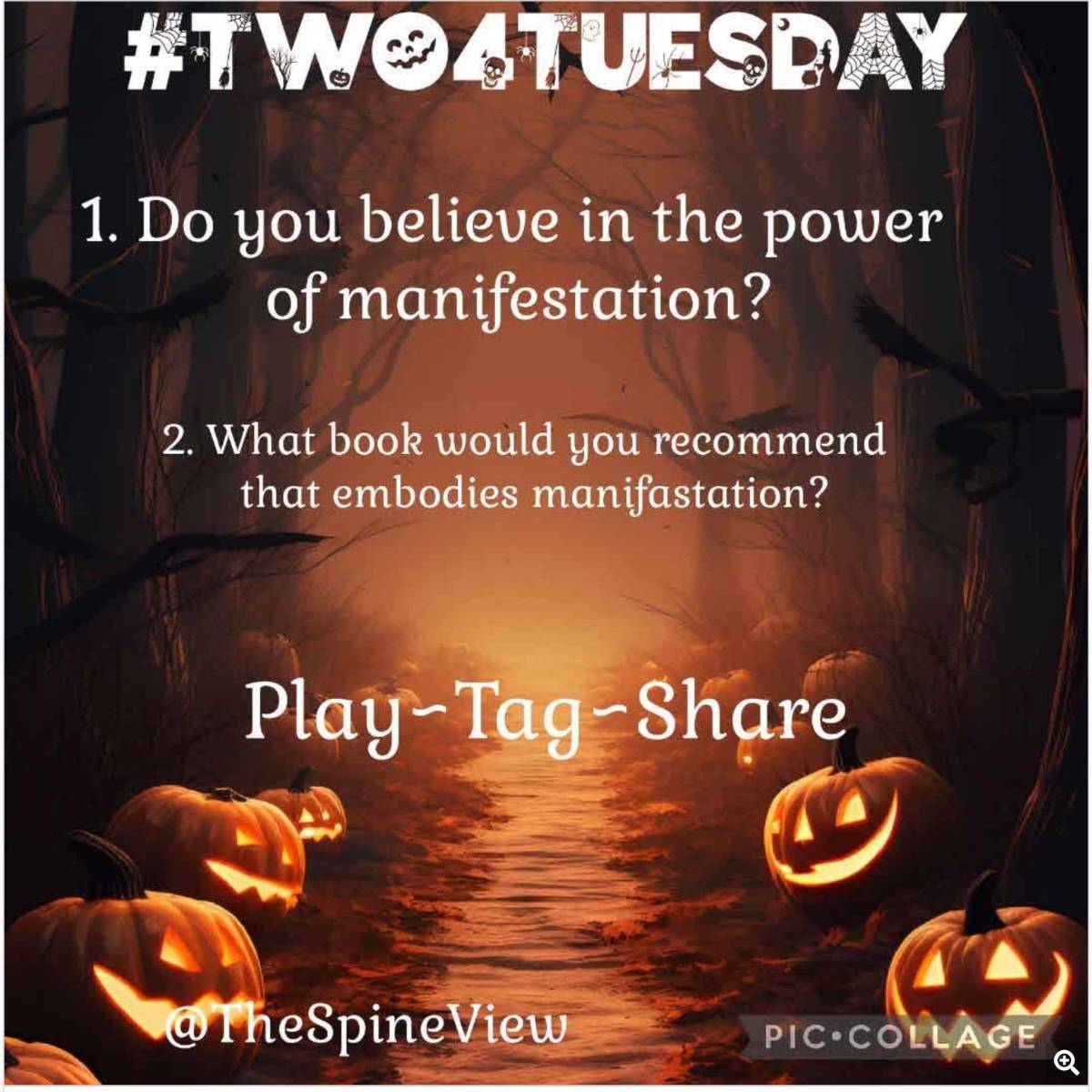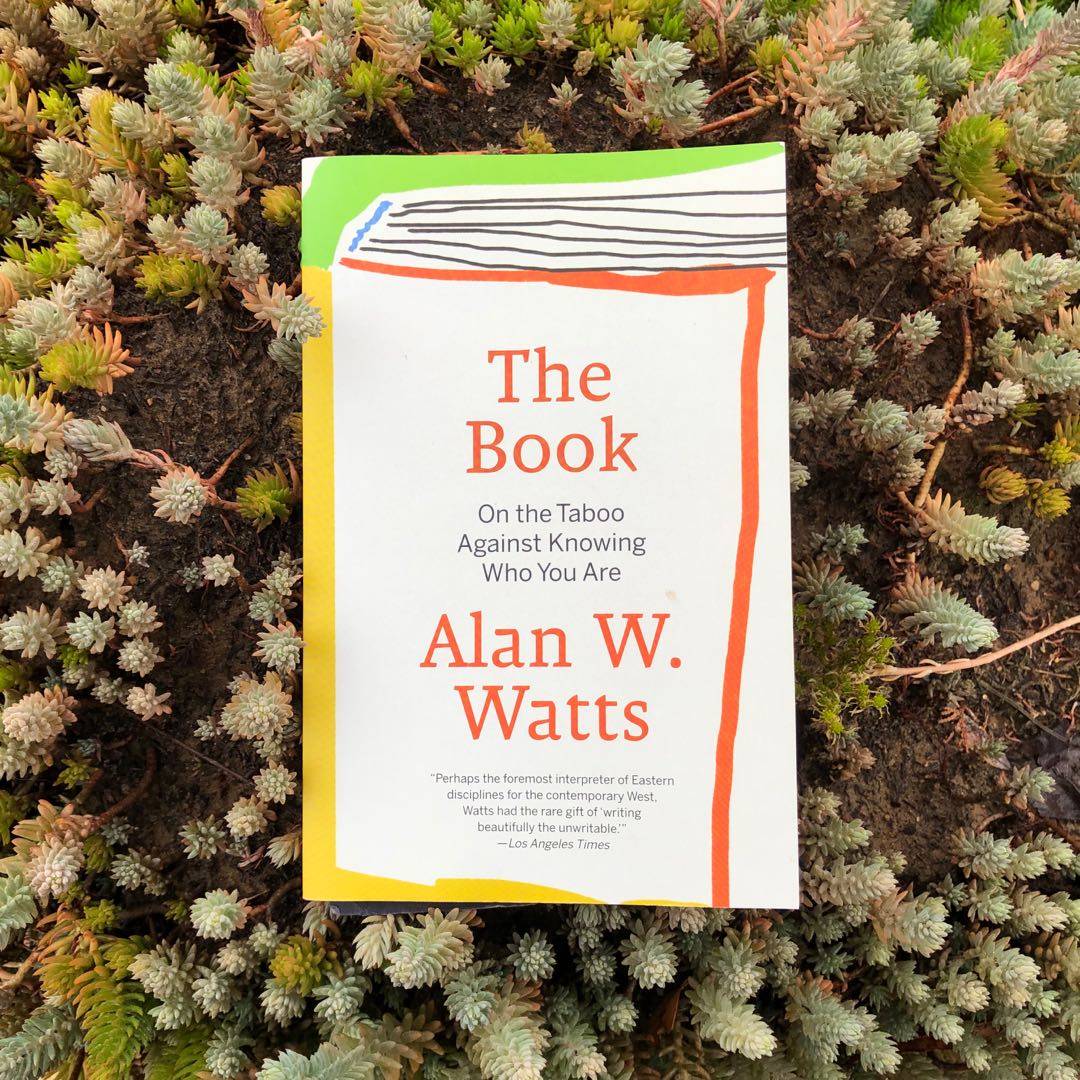
1. I believe that constant negative thinking can adversely affect your life.
2. The tagged
#Two4Tuesday @TheSpineView

1. I believe that constant negative thinking can adversely affect your life.
2. The tagged
#Two4Tuesday @TheSpineView

Alan Watts was one of the foremost teachers of Eastern thought to the West. In The Book, he explores how ego is a myth. We are not isolated, defined, independent selves, but the universe as well. We are all “God” who is “playing the Game of Black-and-White,” playing as opposing forces, playing hide and seek. It‘s heady stuff, but this book did encourage me to not take myself so seriously and to try to appreciate life and work as serious play.

1. Curling 🥌
2. Tagged here! Alan Watts
3. January
4. The Force Awakens?
5. 😘
Because he is now so largely defined as a separate person caught up in a mindless universe, his principal task is to get one up on the universe and to conquer nature… [as] the task is never achieved, the individual is taught to live and work for some future in which the impossible will at last happen, if not for him, then at least his children. We are thus breeding a type of human being incapable of living in the present—that is, of really living.